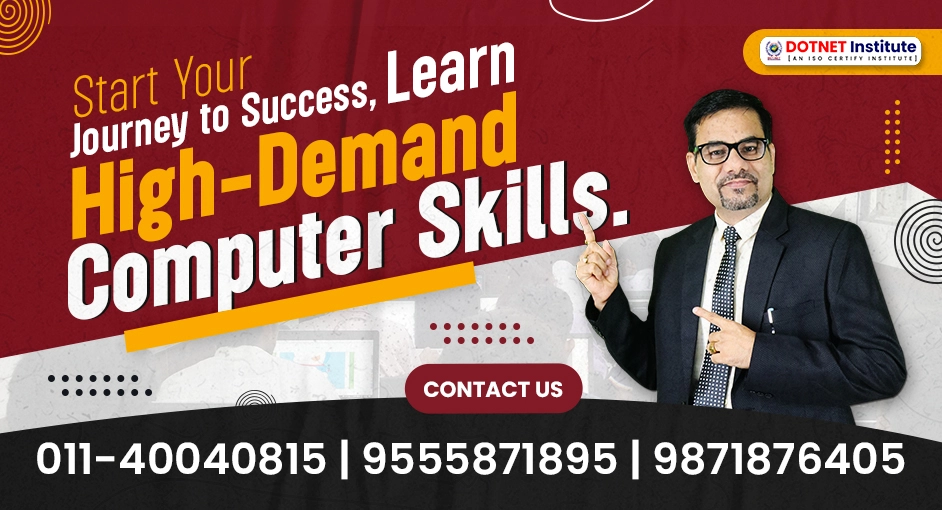Professional development is an essential part of any educator’s career of his life. As a teacher, professional development helps you reflect on your teaching methods, learn new skills, offer different classroom strategies, and generally stay ahead of the game.
Teachers can actively work to expand their knowledge through research and professional development. Fortunately, there are many training and learning options available. Let’s explore the concept of professional development for teachers, why investing in yourself is so important, and the important career development opportunities.
Contents
What is Professional Development?

Professional Development (PD) is a necessary activity in almost any career field. Education is no exception. For educators, learning does not stop after earning a pedagogical degree and starting a career in school. In K-12 education, teachers in most states are required to complete a certain amount of professional development in order to renew their teaching license.
Professional development helps teachers apply innovative methods to improve schools. PD is a broad term that encompasses topics such as process assessment, data-driven decision making, policy implications, leadership, community, educational technology, and teaching methods.
Why is professional development important for teachers?
Professional development helps ensure the best learning outcomes for students, which should be the number one priority of any good teacher. Here are six reasons educators need to invest in professional development.

Be a better teacher
Obviously, you should be a better teacher if your career development efforts are really working. But there are good reasons why teachers see improved performance after undergoing additional education and training. No matter how good your initial teaching degree is, it cannot prepare you for the challenges and complexities you face on the job. A huge benefit of career development is that you can step out of your role and think about how to approach these real-world problems differently.
In addition, you may be exposed to ideas and strategies that you would never have thought of without professional development.
Always at the forefront of educational research
Academic researchers are constantly analyzing current teaching methods and developing a better understanding of effective practices. Teachers already have enough work on their plate and of course can’t expect to read all of the recently published research. The DP workshop is carefully designed by experts who have time to review and study papers as they appear and share key findings.
Educational research has helped us better understand how students learn effectively. The shift from the traditional teacher-centered classroom to the student-centered classroom can largely be attributed to the work of educational theorist John Dewey, who proposed that children learn best. in the natural social context.
Educational research today has sparked discussions about the importance of social-emotional learning and play-based learning in the 21st century.
Get more out of your work as a teacher
Becoming a competent and confident teacher leads to higher job satisfaction (for example, see Ortan et al). You approach the classroom with a positive mindset, manage your students in a way that creates a harmonious classroom environment, and achieve more satisfying teaching outcomes.
Therefore, professional development naturally improves job satisfaction. Teachers also expressed strong dissatisfaction when they felt they needed professional development but lacked the opportunity to achieve it.
Adapting to changes in the school environment
Educators address a unique set of problems and needs when working with students. As our society continues to evolve and change, the types of challenges faced by educators also increase. For example, moving to a new school district might mean that an educator now has a number of students learning English to teach.
Teachers had to quickly adjust their teaching methods as the COVID-19 pandemic forced schools to close, leaving many educators without the right resources to set up an effective online classroom . Professional development capable of solving specific problems, gathering information from experienced professionals and providing solutions for teachers.
Also check:
-
Blog Writing vs. Social Media Writing: What's the Difference?
-
5 Best Computer Course in India for Private Job (India में प्राइवेट नौकरी के लिए 05 BEST कंप्यूटर कोर्स)
-
Google jobs in India | Google में चाहिए नौकरी तो कर ये 5 कोर्स - मिलेगा लाखों का पैकेज | Google Jobs
-
Retail Management Career | Retail Jobs | How to get Retail Management Job
-
How to Start Earning as a Graphic Designer?
Adapting to changes in education policy
Education policies have a significant impact in schools. Regulations related to school size, class size, school privatization, teacher qualifications, teacher salaries, teaching methods, curriculum content, school infrastructure and graduate education requirements are influenced by education policy.
This can be very monitoring, especially for teachers who already have busy schedules. Professional development seminars provide an opportunity for educators to learn about the policies that have the most impact on their classrooms. By learning about the education policies governing their classrooms, teachers can ensure that they meet the requirements of their state and school.
Connect with the teaching community
Professional development can be completed individually or in a team. Personal development opportunities can be great for people with busy schedules who want to learn at their own pace. But team-based career development opportunities give educators the chance to share experience and knowledge and network with other professionals.
Career development opportunities can bring you closer to your peers or connect you with educators around the world. This allows educators to come together to share valuable ideas and support each other.
Professional Development Opportunities for Teachers

Professional development gives teachers the opportunity to return to being students. PYP not only helps educators become experts in their fields, but also leverages the talent of teachers who aspire to be educational leaders and impact student outcomes.
Ready to hone your skills and explore powerful ideas in the world of education? The good news is that career development opportunities are very accessible online, so anyone can easily get started even if their school doesn’t offer PD resources.
Educators should talk to their administration about mandatory and optional PD opportunities. Most schools require professional development workshops for teachers, but your professional development journey doesn’t have to end there. Here are some great career development opportunities that teachers can access online.
NEA Micro Certificate
The National Education Association (NEA) offers micro-certifications for educators and prospective educators looking to develop specific skills. Micro-degrees are earned by taking courses in a variety of subjects.
Some of the topics you can get micro logins on include:
bully-free schools, use your voice to advocate for students, build effective teams, integrate the arts, assess literacy, and integrate technology.
Postgraduate training courses
Graduate certificates are common among educators. Some teachers also decide to get a master’s degree in their first years of teaching, and others wait a few years before re-enrolling in school.
Once you’ve graduated and landed a job at a school, going back to college may seem like the last thing you want to do. Fortunately, there are flexible online courses for the Graduate Certificate. Earning a graduate degree helps you explore topics more deeply, gain new insights into teaching methods, and develop professionally.
Integrating EdTech
The increase in technology used in schools means that educators need to stay up to date with the latest educational technologies. Both Google and Microsoft offer software that can be very helpful for your classroom.
You can take courses and get certifications from Google and Microsoft to prove you’re tech-savvy and understand how to use technology to your advantage in the classroom. You can even take your knowledge to the next level by becoming a Google Certified Trainer and working with other schools and educators to improve their use of EdTech .

